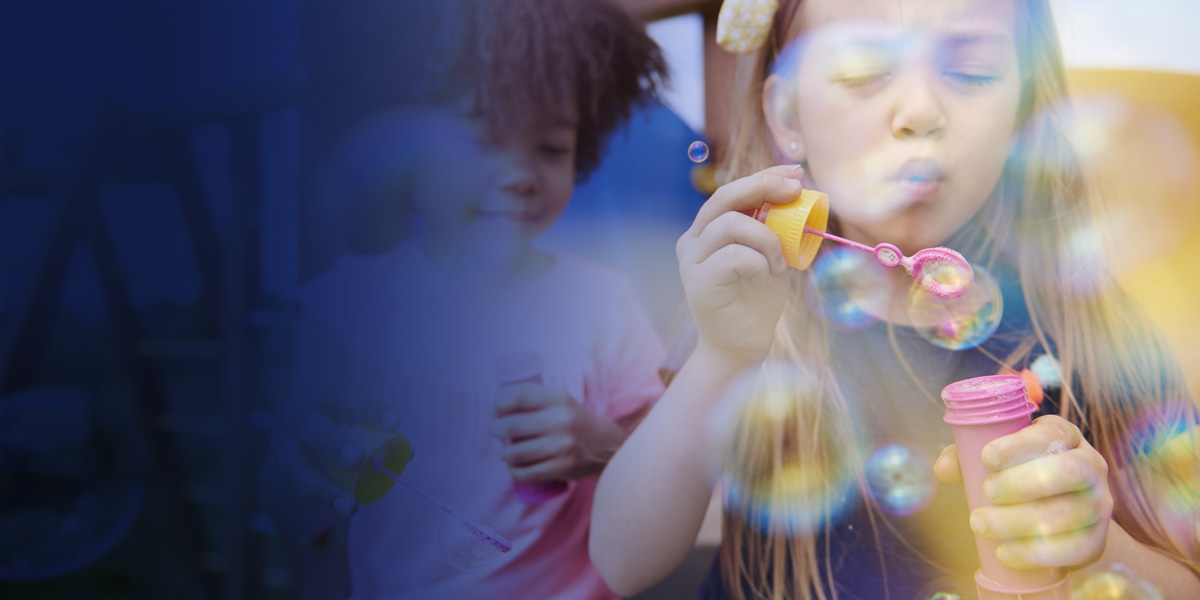Fire Safety
The U.S. has one of the highest fire death rates in the industrialized world. For 1998, the U.S. fire death rate was 14.9 deaths per million population. Between 1994 and 1998, an average of 4,400 Americans lost their lives and another 25,100 were injured annually as the result of fire. About 100 firefighters are killed each year in duty-related incidents. Each year, fire kills more Americans than all natural disasters combined. Fire is the third leading cause of accidental death in the home; at least 80 percent of all fire deaths occur in residences. About 2 million fires are reported each year. Many others go unreported, causing additional injuries and property loss. Direct property loss due to fires is estimated at $8.6 billion annually.
- Teach children not to play with matches, lighters, flares, fireworks and gasoline cans. Keep matches, lighters, gasoline and other flammable materials out of the sight and reach of children.
- Keep a fire extinguisher (“ABC” symbol) in the kitchen and garage. Be sure it is “UL” or “FM” rated.
- Install smoke detectors in your home in every bedroom and on every level. Test them monthly. Replace the batteries at least once each year.
- Plan and practice fire escape routes from the house. Choose a meeting place, a safe distance outside the house.
- Never leave small children alone in the kitchen or bathroom – for even a few seconds.
- In the kitchen, use back burners and turn pot handles to the back of the stove so that pots do not get knocked over.
- If grease catches fire, smother the flames with a pan lid – never throw water on a grease fire.
- Never carry children and hot foods or liquids at the same time.
- Lower your water heater to 120 degrees or buy an anti-scald device.
- In the bathroom, always test the water temperature before placing a child in the bathtub. Place one hand in the water with fingers wide, and move it back and forth for several seconds checking for hot spots.
- Never touch connected electrical appliances or cords with wet hands of feet. Do not reach for radios, telephones, or hair dryers while in the bath or shower.
- Unplug appliances when they are not being used. Unplug any appliances that smokes or smells as if it is burning, then have it repaired or replace it.
- Do not overload extension cords or run them under rugs.
- Keep furnaces and wood-burning stoves working well. Make sure they are not near combustible walls, ceilings, furniture or drapes.
Source: U.S. Fire Administration
http://www.usfa.fema.gov/




